
A few days ago, as I spent a sick afternoon at home, I was pleased to discover the delightful Born Yesterday (1950) playing on TCM. This is a movie that has always fascinated me–Judy Holliday’s performance as the dim-witted Billie Dawn won her an Oscar for the Best Actress of 1950, in the face of Bette Davis and Gloria Swanson, both nominated for the roles of their careers. Holliday’s win has always been a bit of an enigma, so much so that in the process of trying to “figure her out,” I’ve developed a real fondness for Judy Holliday and her all-too-brief career. To me, she’s one of the most underappreciated and underutilized comediennes of the era, and her early death was a huge loss to the industry.
Holliday’s Billie Dawn in Born Yesterday stands out as her best-known role, a part she originated on the Broadway stage before signing on to reprise the role in the movie. On the surface, the movie is a fluffy comedy about a rather intellectually dull woman who studies with a tutor to expand her mind. It seems to be standard code-era fare. But upon a deeper examination of the plot, and of the character of Billie Dawn, one is hit with some powerful messages about women’s rights, and the political climate in which the movie was made.
Billie Dawn is a poorly-educated New Yorker, living with her gangster fiancé on a long-term business venture in Washington, D.C. Billie often embarrasses Harry with her ignorance, and in order to make a better impression on his business contacts, Harry engages a tutor, Paul (William Holden), to teach Billie the ways of the world. The two get on swimmingly. Billie loves learning, and Paul respects her mind and her autonomy in a way that Harry doesn’t. In interacting with Paul, and in learning more about the way the world works, Billie comes to the realization that Harry abuses and takes advantage of her, and she must leave him.
Advocating for a woman’s right to educate herself, and for her right to leave an abusive relationship, was forward-thinking in 1950. Despite women taking the jobs of overseas men during WWII and the resulting spike in women’s employment in the postwar years, the prevailing thought in 1940s and early 1950s American media continued to be that women should be subservient to their husbands, and that education for women was futile. Few movies challenged this view, with the perhaps singular exception of the Katharine Hepburn/Spencer Tracy comedy Woman of the Year, released 8 years prior. In Woman of the Year, we are presented with a mirror image of Billie Dawn, in Katharine Hepburn’s portrayal of the very educated, self-reliant Tess Harding, who becomes involved with Spencer Tracy’s meat-and-potatoes, sports-enthusiast Sam Craig. They fall in love, and at the end of the movie (spoiler alert), we see Tess trying to eschew her intellectual gifts for domestic life with Sam, trying (and failing) to make him breakfast in the final scene. Sam encourages her to simply be herself, and not change for him. Tess had fallen victim to the same views that plagued the majority of women of that era, and many were not as lucky as she was.

Here, with Born Yesterday, we see a shift in the narrative. “It’s a new world, Harry,” says a business associate of Harry’s, late in the movie. “Force and reason are changing places. Knowledge is power.” When Billie returns to Harry, newly educated, she encounters his brute force as he beats and yells at her. With her newfound sense of confidence and power from her education, she sees him for what he is and leaves him for Paul. An empowering message for women of the early 1950s, often trapped in abusive or unfulfilling marriages.
The “knowledge is power” theme of Born Yesterday is especially meaningful when viewed through the political lens of the late 1940s and early 1950s. McCarthyism was at its peak, with many in Hollywood as its targets. Senator Joseph McCarthy took advantage of the raw, ignorant fears of the American populace regarding communism, while the defenders of the Hollywood Ten and other blacklisted individuals fought against the base ignorance of McCarthy’s followers. In its own subtle way, Born Yesterday takes sides, and fights against the core ideology of McCarthyism by asserting that “knowledge is power,” and that brute ignorance is destructive and harmful.

Humphrey Bogart and Lauren Bacall lead the Committee for the First Amendment, organized to support the Hollywood Ten.
In a side note, Judy Holliday was blacklisted herself in 1952. When testifying before the subcommittee, she took on the distinctive voice and persona of Billie Dawn, confounding those asking her questions and, possibly, saving her career. Despite being blacklisted from certain media for 10 years, she ultimately returned and everything got back to normal–she worked in films and on the stage until shortly before her death in 1965.
While today’s world has changed in its attitudes toward women and education, we are currently faced with an epidemic of anti-intellectualism in our politics, reminiscent of the McCarthy years in its prideful ignorance. It is significant that the movie takes place in Washington, D.C., and extols the virtues of knowledge and education in the very location where our government is centered. We might do well to remember the message of this movie in this day and age, when knowledge and expertise are all too disposable in our political system.


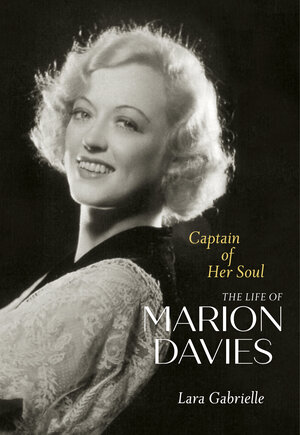


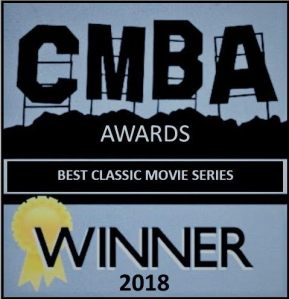



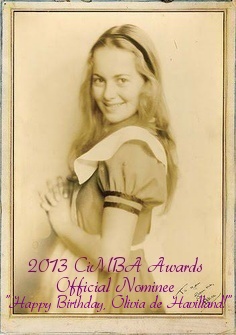
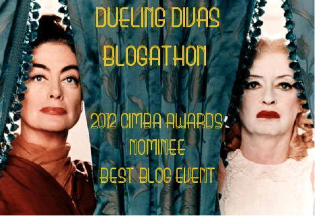








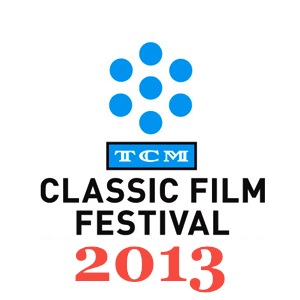








_03.jpg)
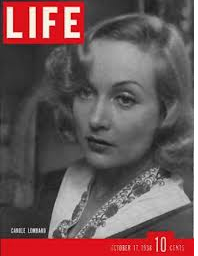

Nice focus on women’s roles in the 50s. I love Born Yesterday and It Should Happen to You as well,
Thank you! Judy Holliday is rarely appreciated the way she deserves to be. I want to do a post solely on the way she plays Billie Dawn. It’s phenomenal.
Do it!
I will definitely have to see this one again. It’s been years and the historical context adds a further dimension. So often at that time the underlying message was aimed at what many perceived, rightfully so, as an infringement upon artistic freedom. Nice post.
Oh yes, you definitely should. As I mentioned, it’s all too easy to dismiss it as a standard code-era fluffpiece. But it’s got some really interesting things about it.
I will, at some point. She really gets this character, and as many of these actresses relegated to “dumb blonde” roles have said, accurately, it takes smarts to play dumb.
I’ve read about her relationship with Hollywood and director George a Cukor, so there’s also interesting backstory on getting the role, playing it on Broadway and/vs. the film, etc.
Great post! I watched Born Yesterday for the first time in February, and the “knowledge is power” message really resonated with me. It’s a timeless message that, like you mentioned, needs to be remembered today.
One can argue that today’s society is more ignorant than ever, even though so much information is instantly available at our fingertips. We take everything at face value without questioning and discerning for ourselves.
Side note: I think it would make a great double feature with Mr. Smith Goes to Washington.
Thank you! Yes, it sort of builds on itself all the way through the movie, and then culminates when Harry’s crony says it outright. Interesting idea for a double feature!
Judy Holiday had always been a big favorite of mine. She is the innocent who doesn’t seem to know what’s happening, but who’s openness and heart make her a winner. She takes charge of her life, and that’s a great lesson.
Thanks for the article, Marty
I love her. She plays this role to such nuanced perfection, I notice something different in the way she approaches Billie Dawn every time I watch the movie. Thanks for reading, Marty!